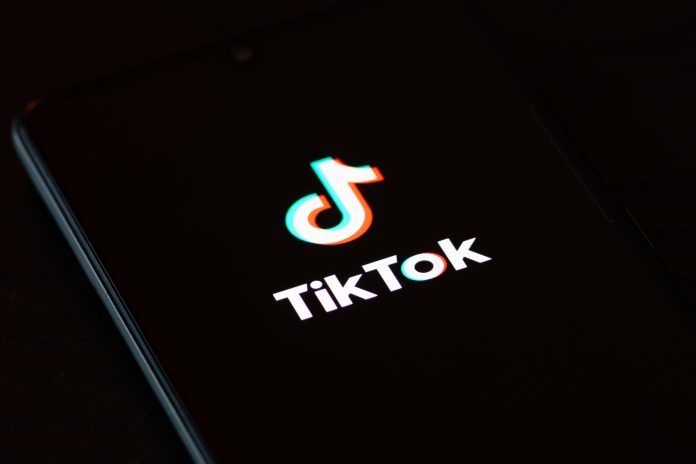A study analyses adolescent opinions on the mental health benefits and risks of the TikTok algorithm, such as “excessive use” and “unrealistic beauty standards”
Social media platforms, which begun almost naively as a way to connect with loved ones, have evolved into places that harvest immense amounts of data for companies. Whether this data-harvesting is for the fashion industry, placing hard-to-spot ads in the name of fast fashion, or political parties which seek to change votes by targeting certain demographics, new platforms create new opportunities for harvesting.
TikTok, which rose to huge levels of use in 2017, has long overtaken Instagram in relevance to younger generations.
In March, the UK media watchdog Ofcom found that 16% of British toddlers use TikTok.
Scientists from the University of Wisconsin School of Medicine and Public Health analysed adolescent opinions of the controversial platform.
“We conducted a focus group study to understand adolescent perspectives on mental health benefits and risks associated with TikTok use,” said Bradley Kerr, researcher with the University of Wisconsin School of Medicine and Public Health.
“Participants often described how TikTok’s algorithm may uniquely enable adolescents to connect with peers around their interests and mental health struggles. Concerns such as excessive use of TikTok and peer comparison were also mentioned. Future work should focus on understanding and balancing these possible mental health benefit and risks.”
They found three major themes when it came to mental health risks and benefits.
Three things teenagers feel when using TikTok:
1. Connection with TikTok algorithm and content
When asked about what makes TikTok different, respondents said that it had a unique algorithm. The TikTok algorithm pairs users up with potentially enjoyable content to a higher degree of accuracy than other platforms.
One participant said: “Pretty quickly it can kind of catch on to what you’re interested in or what you find funny.”
2. TikTok was too addictive, difficult to stop consuming
Teenagers on the whole found it hard to stop using TikTok.
One individual said: “I downloaded TikTok during quarantine, and I would say I was addicted to it for a while. I had to delete it off my phone because it just kind of consumed an unnecessary amount of time.”
3. Comparison with peers
Comparison is the lesson leftover from the mental health impacts of Instagram. In this study, respondents pointed out economic, aesthetic and even family comparisons – they would watch other users having happy families, feeling bad that their own isn’t similar.
One participant shared that some TikTok videos “could definitely affect self-image, ’cause just unrealistic beauty standards, and really rich people, so that lifestyle’s not always the most attainable.”
4. Mental health solidarity and competition
The fourth theme was mental health solidarity and competition.
One participant said: “It can be helpful in relating [to]…other people dealing with these kind of issues and kind of finding solidarity there, but on the other hand, it also can turn into competition.”
Explaining the concept of mental health competition, another participant described that traumas shared on the platform can lead to another user dismissing the experience – naming their own, perceived to be worse, experience.
A different participant said: “You’re weird if you don’t have a mental illness, which is really annoying.”












I think Tik Tok is completely stupid and dangerous as it clearly makes people feel uncomfortable about various things such as how they look. It is clear to me, as a person who grew up in the time were social media was unheard of, that Tik Tok should not have grown as big as it has done and IT SHOULD NOT EXSiST AT ALL.